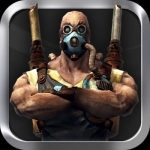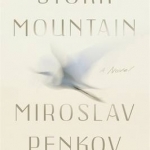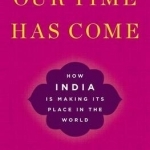
Our Time Has Come: How India is Making its Place in the World
Book
In the last 25 years, India-soon to be the most populous nation in the world-has experienced...

The War of the Worlds by H. G. Wells
Podcast
Extraterrestrial invasion, the earth taken over by omniscient intelligences from Mars, the whole of...
Hazel (1853 KP) rated Stork Mountain in Books
May 25, 2017
Bulgarian-born, short storywriter Miroslav Penkov has turned to full-length novels with this captivating book, Stork Mountain. Set in the Bulgarian Strandja Mountains on the border of Turkey, he explores religion, mythology, the past and the present in a society affected by long-term political unrest.
The narrator, a young man who remains nameless throughout, relocated to the United States of America as a child after the fall of Communism. Now he returns to his home country to find his grandfather, an elderly man he lost contact with three years ago. However his real motive is purely for self gain: to sell his section of the family land in order to pay off student loans and his rising debt.
Naturally, things do not go according to plan. The protagonist finds his grandfather hiding in the village of Klisura, a place divided between the Christians and the Muslims. He also discovers that there is no longer any land for him to sell, making his journey fairly pointless. Instead of returning to the Western world, he stays in his grandfather’s house and, very slowly, begins to learn the truth about his family’s past, the man his grandfather once was, and the superstitious pagan activities still affecting some of the village’s inhabitants today.
Stork Mountain is full of the history, folklore and mythology of a little known about European country. Although ultimately a contemporary novel, there is a lot to learn about events that led up to southern Bulgaria’s current condition. As well as being informative, Penkov plays with his readers’ hearts by including a Romeo and Juliet-esque relationship between the narrator and a Muslim girl, and also reveals a similar affair between a younger Grandfather and the girl of his dreams.
Books containing politics are often reserved for those with particular interest in the topic, however Stork Mountain is suitable for a much larger audience. The inclusion of Bulgarian folklore adds a dark fairytale-like quality to the story; and the romance, something for the reader to latch onto.
On reading the blurb I jumped to the conclusion that this book would be boring. I was wrong. Whereas stories with similar themes can be hard going, Stork Mountain was fast paced and easy to read. There were a few confusions about who was talking or whether the narrative was about the past or the future, but these issues may be something that is improved upon as the author finds his groove in full-length novels.
Even if, like me, you have prejudged this book to be boring, I urge you to give it a go. You may find yourself pleasantly surprised. Miroslav Penkov definitely has a future in the world of literature.
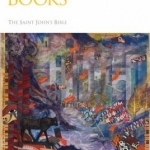
Historical Books
Book
Historical Books is the sixth of seven full color reproduction books from The Saint John's Bible. Of...
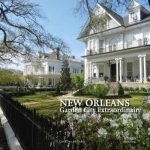
New Orleans: Garden City Extraordinaire
Book
Sometimes, the vocation of a place is hard to understand. New Orleans, like Venice, is built in a...
Red Devils Over the Yalu: A Chronicle of Soviet Aerial Operations in the Korean War 1950-53
Stuart Britton and Igor Seidov
Book
The Korean War (1950-1953) was the first - and only - full-scale air war in the jet age. It was in...

EHS Audit - Inspect better
Business and Productivity
App
Inspect your operations for compliance to safety, quality and environmental standards and...
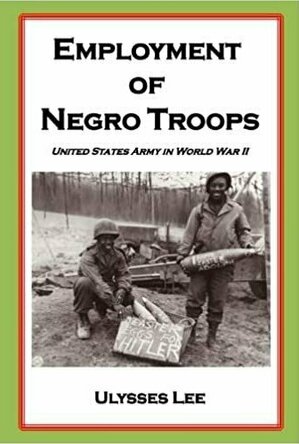
The Employment of Negro Troops
Book
The work started in the 1940s is written in the vernacular of the period. From the volume - As in...
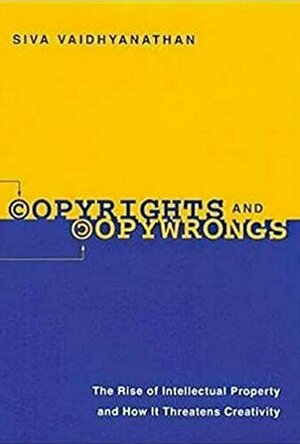
Copyrights & Copywrongs: The Rise of Intellectual Property and How it Threatens Creativity
Book
Copyright reflects far more than economic interests. Embedded within conflicts over royalties and...
